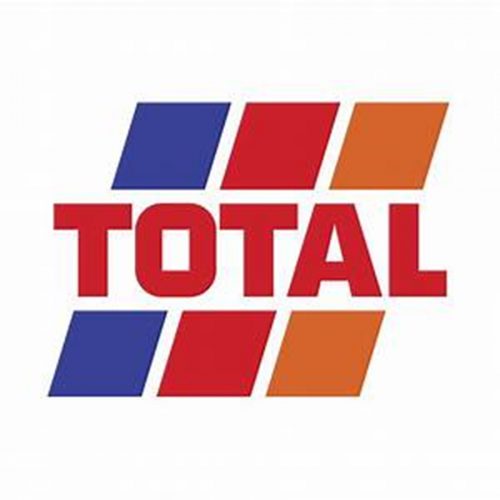For all the current global hum that has been emitting from the Caribbean, of late, on account of the recent rise of neighbouring countries, Guyana and Suriname, to global petro prominence, neither of the two, while both having realized world class oil finds within a decade of each other, is even close to being anywhere near the top of the global pecking order of oil-producing countries. When Investing News Network (INN) a destination web site for the international investment community, published its ‘top ten’ list of global oil-producers, recently, there was still no room for the two neighbouring South American countries anywhere on the leader board, the top ten places remaining firmly in the hands of the entrenched ‘heavy hitters’ in the sector. Indeed, none of the ‘distractions’ embedded in the recent surge of petro prominence realized by the two countries on account of the presumed extent of their oil reserves, brings them even close to dislodging the seasoned heavyweights from the global oil and gas leader board.
 For the foreseeable future, INN’s publication on the ‘ten top oil-producing countries’ is likely to continue to be largely indifferent to the current sectorial hype associated with the significant oil finds that the two Caribbean Community (CARICOM) member countries have realized within a decade of each other. Its focus is likely to remain on the extant pecking order which, barring some unforeseen development, is likely to remain largely unchanged in the short to medium term. The prevailing lineup keeps the United States, the Middle East and Russia on the global production leader board, ahead of a chasing (?) ‘pack’ led by Canada, China and Iraq. According to the INN report, the top ten countries in the world combined for 74.59 million bpd out of the total global output of 101.81 bpd in 2023, statistics that make a profound statement as to who the ‘heavy hitters’ in the global oil and gas industry are. More to the point, insofar as the Caribbean and South America are concerned, occurrences like the recent petro break through by Guyana and Suriname are still less than likely to rock the global oil and gas ‘boat’.
For the foreseeable future, INN’s publication on the ‘ten top oil-producing countries’ is likely to continue to be largely indifferent to the current sectorial hype associated with the significant oil finds that the two Caribbean Community (CARICOM) member countries have realized within a decade of each other. Its focus is likely to remain on the extant pecking order which, barring some unforeseen development, is likely to remain largely unchanged in the short to medium term. The prevailing lineup keeps the United States, the Middle East and Russia on the global production leader board, ahead of a chasing (?) ‘pack’ led by Canada, China and Iraq. According to the INN report, the top ten countries in the world combined for 74.59 million bpd out of the total global output of 101.81 bpd in 2023, statistics that make a profound statement as to who the ‘heavy hitters’ in the global oil and gas industry are. More to the point, insofar as the Caribbean and South America are concerned, occurrences like the recent petro break through by Guyana and Suriname are still less than likely to rock the global oil and gas ‘boat’.
In the period ahead, the attention of the ‘new kids’ on the global oil production ‘block’ is likely to focus minimally on simply matching (or even getting close to) the numbers being ‘chalked up’ by the global heavyweights in the oil production sector. In the instances of Guyana and Suriname, the focus, one assumes, will extend beyond the bragging rights to be derived from being part of a process of counting barrels (of oil), focusing to a greater extent on incrementally expanding their respective market shares and transforming the material returns therefrom to renovating their deprived economies.







